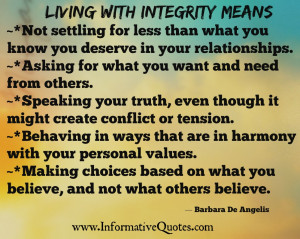

Understanding how these behaviors are enabled and how to mitigate them can be valuable. In aggregate, these behaviors are extremely costly for both businesses and society.

While the media often focuses on extreme cases of cheating and sensational scams (such as Madoff’s ponzi scheme), less attention is paid to what researchers call “ordinary unethical behavior.” Defined as “unethical actions committed by people who value and care about morality but behave unethically when faced with an opportunity to cheat” ( Gino, 2015), the commonplace violations of ethics are often the result of people giving in to the temptation to cheat when confronted with the opportunity to do so and can be motivated by selfish, pro-organizational, or altruistic reasons. Compared to cheating, dishonest acts require knowingly fabricating false information, intended to deceive an anticipated audience. (Dis)honesty is an overt social behavior that requires an audience to exist. Research suggests that most of us would behave unethically, to some extent, under the right set of circumstances. Cheating, misconduct, deception, and other forms of unethical behavior are widespread today, not just in business but in sports, government, schools, and many other arenas, and occur far more commonly than most people realize. But the simplest answer doesn’t paint the full picture. For example: not reporting income on one’s taxes, buying clothing with the intention of wearing it once and returning it, stealing from one’s employer, or copying others for an exam. What is cheating? The simplest and most immediate answer is that cheating is breaking the rules. Jacob van Oost, “Card-Sharpers.” Note the man on the right, signaling to the man in the foreground, who has two extra cards behind his back.


 0 kommentar(er)
0 kommentar(er)
